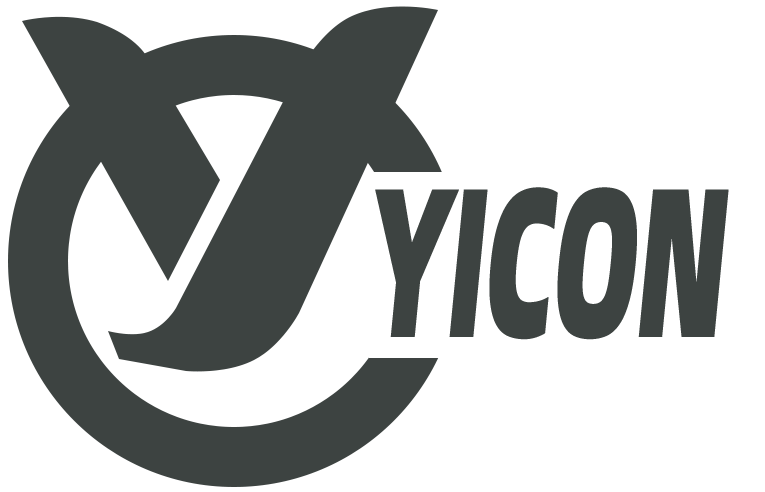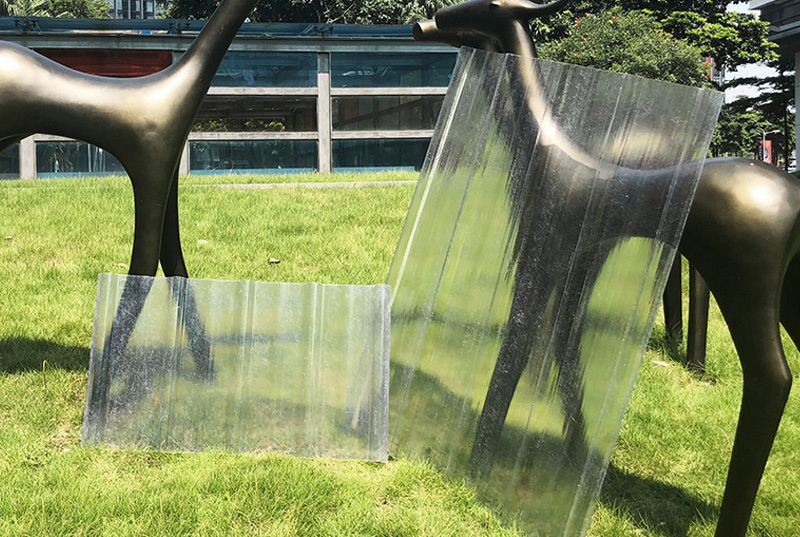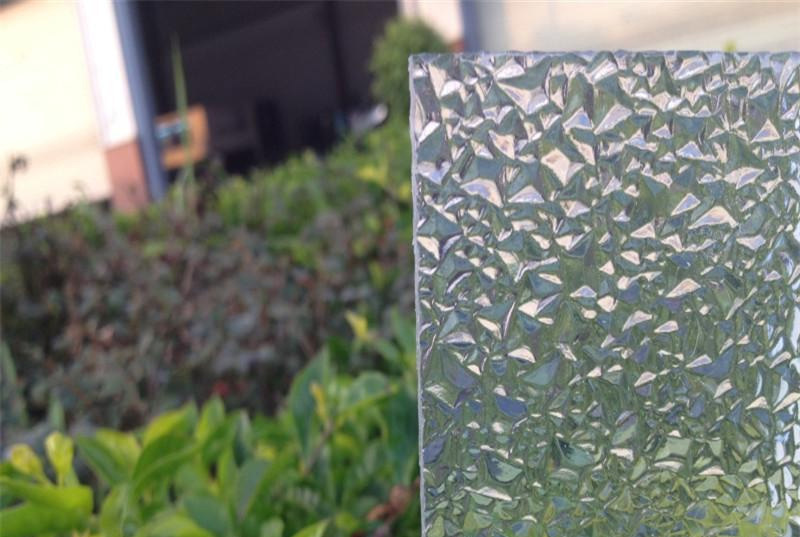Polycarbonate Corrugated Sheet FAQ
Release time:
Jan 11,2025
Polycarbonate corrugated sheets are an excellent choice for various applications, offering durability, versatility, and energy efficiency.
Polycarbonate Corrugated Sheet FAQ
Polycarbonate corrugated sheets are increasingly popular in various construction and design projects due to their lightweight, durability, and excellent transparency. As with any material, potential users often have questions regarding its properties, applications, and installation. This article aims to address some frequently asked questions about polycarbonate corrugated sheets to help you make informed decisions.
1. What are Polycarbonate Corrugated Sheets?
Polycarbonate corrugated sheets are made from polycarbonate, a high-performance thermoplastic polymer known for its strength and versatility. The corrugated design enhances structural integrity while allowing for light transmission. These sheets are available in various thicknesses and colors, making them suitable for a wide range of applications.
2. What are the Benefits of Using Polycarbonate Corrugated Sheets?
Polycarbonate corrugated sheets offer numerous advantages, including:
- Durability: They are impact-resistant and can withstand harsh weather conditions, making them ideal for outdoor applications.
- Lightweight: Compared to glass, polycarbonate sheets are significantly lighter, which makes them easier to handle and install.
- UV Protection: Many polycarbonate sheets come with UV protection, preventing yellowing and degradation over time.
- Thermal Insulation: They provide better insulation than traditional glass, helping to regulate temperatures in enclosed spaces.
- Versatility: These sheets can be used for roofing, skylights, greenhouses, and even decorative applications.
3. What are the Common Applications of Polycarbonate Corrugated Sheets?
Polycarbonate corrugated sheets are used in various settings, including:
- Agricultural Structures: They are often used in greenhouses due to their excellent light transmission and thermal insulation properties.
- Commercial Buildings: Many businesses use polycarbonate sheets for roofing and skylights to enhance natural lighting while providing energy efficiency.
- Residential Projects: Homeowners may use these sheets for patio covers, carports, and even decorative fencing.
- Industrial Applications: Their strength makes them suitable for protective barriers and safety enclosures in factories and warehouses.
4. How Do Polycarbonate Corrugated Sheets Compare to Other Materials?
When compared to traditional materials like glass or fiberglass, polycarbonate corrugated sheets offer several advantages:
- Impact Resistance: Polycarbonate is much more impact-resistant than glass, reducing the risk of breakage and injury.
- Weight: Being lighter than glass, polycarbonate sheets are easier to transport and install.
- Cost-Effectiveness: While polycarbonate sheets may have a higher upfront cost than some alternatives, their longevity and low maintenance requirements often make them a more economical choice in the long run.
- Insulation: Polycarbonate provides better thermal insulation compared to glass, leading to energy savings.
5. How Should Polycarbonate Corrugated Sheets Be Installed?
Installation of polycarbonate corrugated sheets requires careful planning and execution. Here are some essential steps:
- Preparation: Ensure the framing structure is suitable and capable of supporting the sheets. Measure and cut the sheets according to your needs.
- Fastening: Use appropriate fasteners that allow for thermal expansion. Avoid over-tightening, as this can lead to cracking.
- Sealants: Use high-quality sealants at the joints to prevent water ingress and maintain insulation.
- Ventilation: If installing in a greenhouse or similar structure, ensure proper ventilation to regulate temperature and humidity.
6. How Do You Maintain Polycarbonate Corrugated Sheets?
Maintaining polycarbonate corrugated sheets is relatively simple. Here are some tips:
- Cleaning: Regularly clean the sheets with a mild soap solution and a soft cloth to prevent dirt and grime buildup. Avoid abrasive cleaners that can scratch the surface.
- Inspections: Periodically check for any signs of damage, such as cracks or discoloration. Address any issues promptly to prolong the lifespan of the sheets.
- Protective Coatings: Consider applying a UV protective coating to enhance longevity, especially in areas with intense sunlight.
7. Can Polycarbonate Corrugated Sheets Be Recycled?
Yes, polycarbonate is a recyclable material. However, recycling facilities may vary by location, so it’s essential to check local regulations regarding the disposal and recycling of polycarbonate products. Many manufacturers also offer take-back programs to ensure responsible disposal.
8. What Should You Consider When Choosing Polycarbonate Corrugated Sheets?
When selecting polycarbonate corrugated sheets, consider the following factors:
- Thickness: Choose the appropriate thickness based on the intended application and local weather conditions.
- Color: Depending on your design needs, you may opt for clear, tinted, or opaque sheets. Tinted sheets can provide additional UV protection.
- Coating: Look for sheets with UV protection to ensure longevity and clarity over time.
- Warranty: Always check the manufacturer's warranty to understand the product's expected lifespan and coverage for defects.
Conclusion
Polycarbonate corrugated sheets are an excellent choice for various applications, offering durability, versatility, and energy efficiency. By understanding the properties, benefits, and maintenance requirements of these sheets, you can make an informed decision that meets your project needs. Whether you're a contractor, architect, or homeowner, polycarbonate sheets can provide a practical solution for your construction and design projects. If you have further questions, don't hesitate to consult with a professional or reach out to manufacturers for more information.
Key words:
You Can Also Learn More About The Industry.










